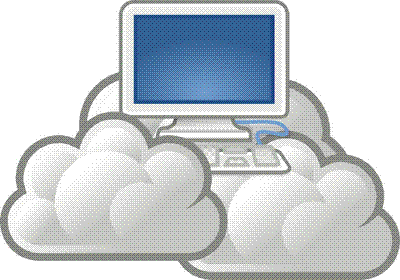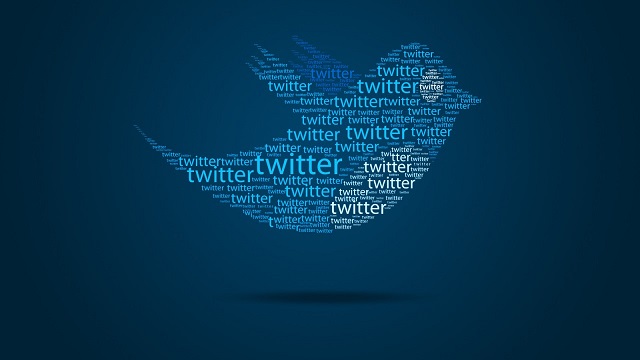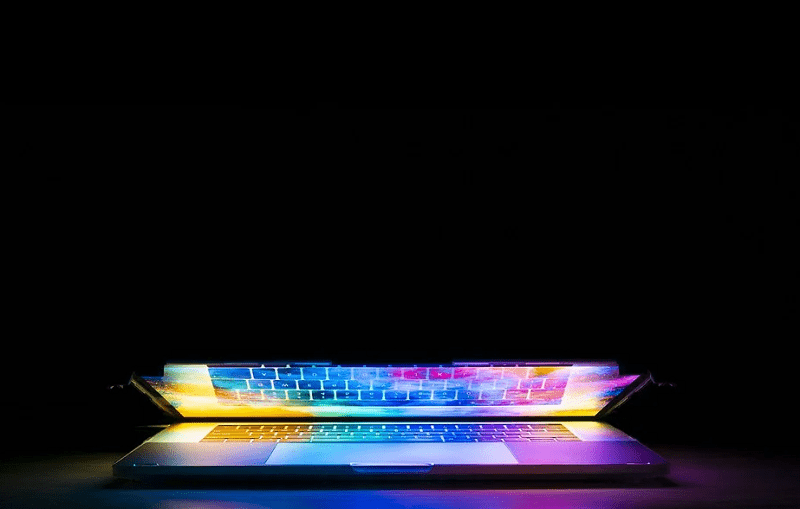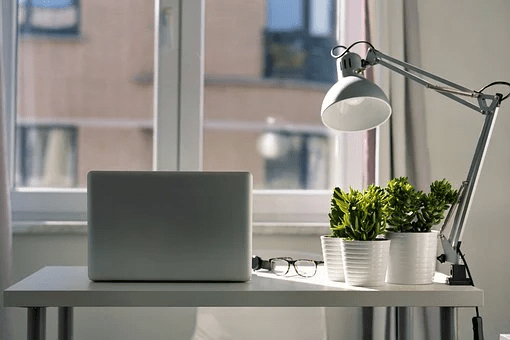Multitasking has always been seen as a sign of productivity, but recent research is showing that it could be detrimental to our work performance.
A study found that those who believe they are good at multitasking are the worst offenders when completing tasks efficiently. This is because their attention and focus become scattered across multiple activities, meaning they don’t devote enough time or energy to any job.
The result? Inefficient work and lower productivity levels.
Read on to find out more about why multitasking doesn’t always lead to better results and how you can break this bad habit for improved efficiency in your daily life.
The Results of the Study
For many years, multitasking has been viewed as a sign of efficiency and productivity in the workplace.
People who can juggle multiple tasks at once have often been praised for their organization and ability to complete their work quickly.
However, recent research is showing that this isn’t necessarily true; in fact, multitasking can be detrimental to work performance.
The study was performed on a sample of 310 students of Psychology, University of Utah, through questionnaires drawn up to measure the actual ability to perform multiple functions, the perception of their multitasking skills, the use of mobile phones while driving, the use of many electronic devices at the same time and the detection of personality traits.
The main findings were:
(1) The most capable people in the preparation of multi-tasking are not the people who engage simultaneously in multiple tasks because, although aware of their abilities, they know better than to focus on one task at a time to get the effectiveness of results.
(2) The perception of multitasking people talking or using your phone while driving is inflated compared to the actual capacity to perform multiple functions at the same time, in fact as many as 70% of participants thought to be above average multi-tasking, which is statistically impossible.
(3) Individuals with high levels of impulsivity and thrill-seeking are more confident and willing to multitask, although their performance is negative.
But there is an exception that must be emphasized: the people who use mobile phones while driving tend not to be impulsive, but they are aware of the mistake, in fact the use of the phone, even when you should not, is a deliberate choice.

Time to Review Multitasking
You have to wonder at this point if the search for very inclined people adept at multi-tasking is not a myth to dispel.
Are we are sure that this is an essential skill for entrepreneurs or it is just a fascinating phenomenon capable of destroying productivity?
Research data have demonstrated that multitasking people have difficulty focusing on one task at a time, as they are so involved in secondary tasks mainly because they are bored and devote themselves to several things at the same time looking for new motivation.
When you try to juggle too many things at once, your attention becomes divided between all of the tasks, making it difficult for you to properly concentrate on any one of them. This means that instead of devoting all your effort to a single task, your work is spread thinly over several different jobs; as a result, none of these jobs are completed with optimal efficiency or accuracy.
It’s also important to note that multitasking can cause stress and fatigue due to the number of cognitive resources required to keep track of all the tasks.
If you work in a large organization you have probably noticed how your colleagues whose fixed objectives are organized to achieve them and what the results achieved in the end.
Even those who are looking for work and whose Curriculum Vitae describes “adept at multitasking” should be aware: finding the perfect candidate does not mean looking for a person who thinks he is capable of doing several things at once, nor his real inclination to do so should be taken as proof of professionalism.
Focus on One Thing
When you don’t devote enough time or energy to a single task due to multitasking, the job is often done in a rushed and sloppy manner. This can lead to mistakes that may take more time and effort to correct than it would have taken to do the job correctly in the first place.
Furthermore, multitasking can also cause delays due to having too many jobs on your plate at once; this means that deadlines are more likely to be missed. All of these factors contribute to lower productivity levels.
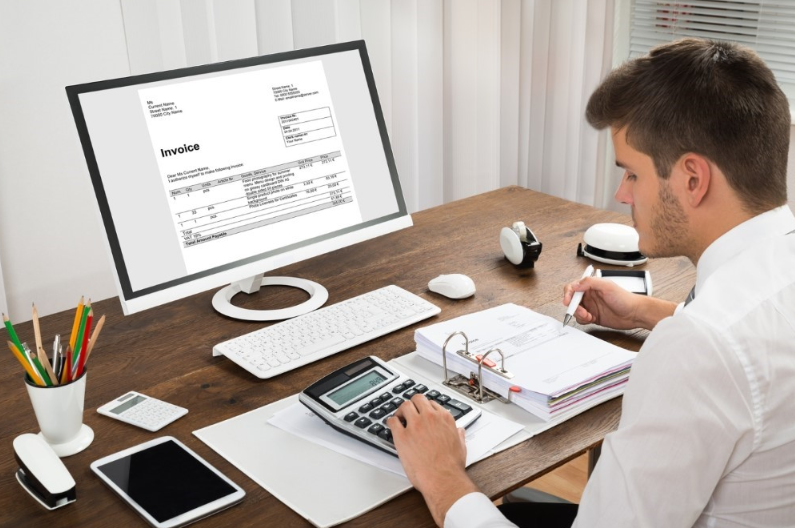
The first step to breaking the habit of multitasking is to become aware of it.
Once you’re aware that you’ve been trying to do too much at once, make a conscious effort to focus on one task at a time. This will help you devote more attention and energy to completing that single job promptly.
Additionally, try to prioritize tasks based on how important or urgent they are; this will ensure that only the most important jobs get your full attention.
Finally, create a schedule and set aside specific times for different tasks so that you can remain organized and productive throughout the day.
Conclusion
Multitasking might seem like an efficient way to get through your daily tasks, but research has shown that this isn’t always the case.
When we try to juggle too many things at once, our attention and focus become scattered, leading to lower productivity levels and inefficient work.
To prevent this from happening, make a conscious effort to focus on one task at a time and prioritize jobs based on their importance. With this approach, you can ensure that your work is completed efficiently and accurately.
Image courtesy of Pexels.com




